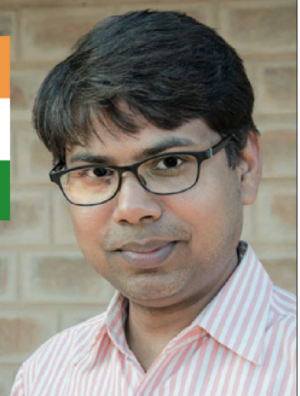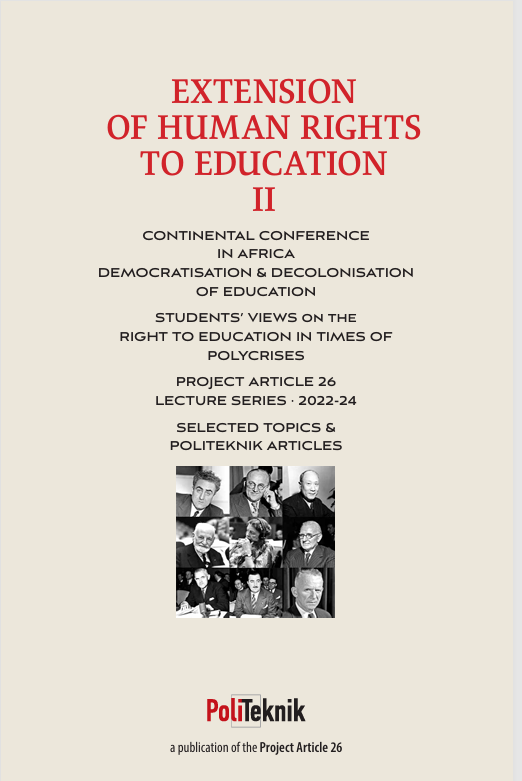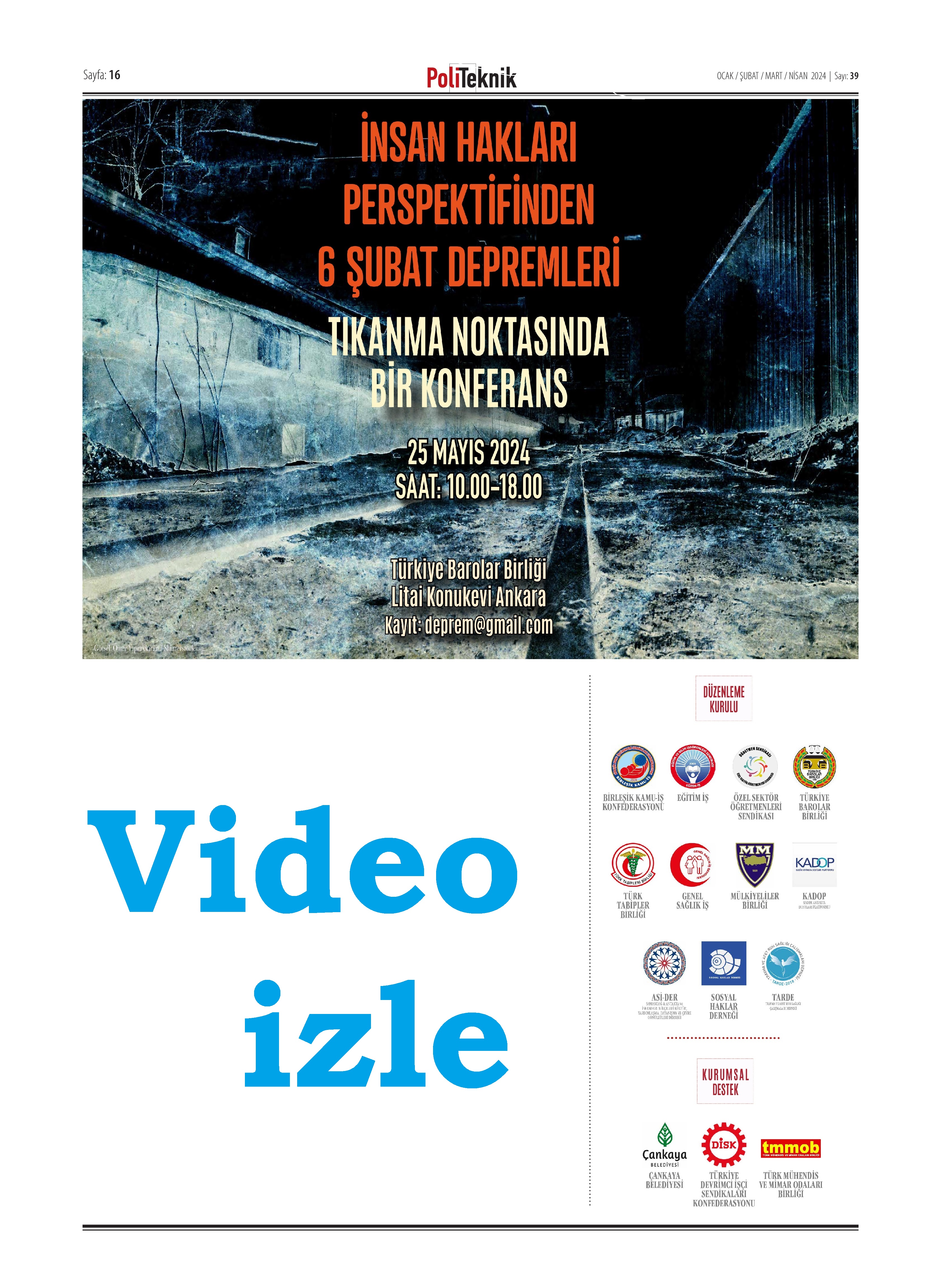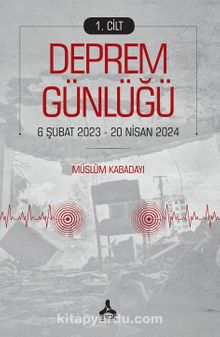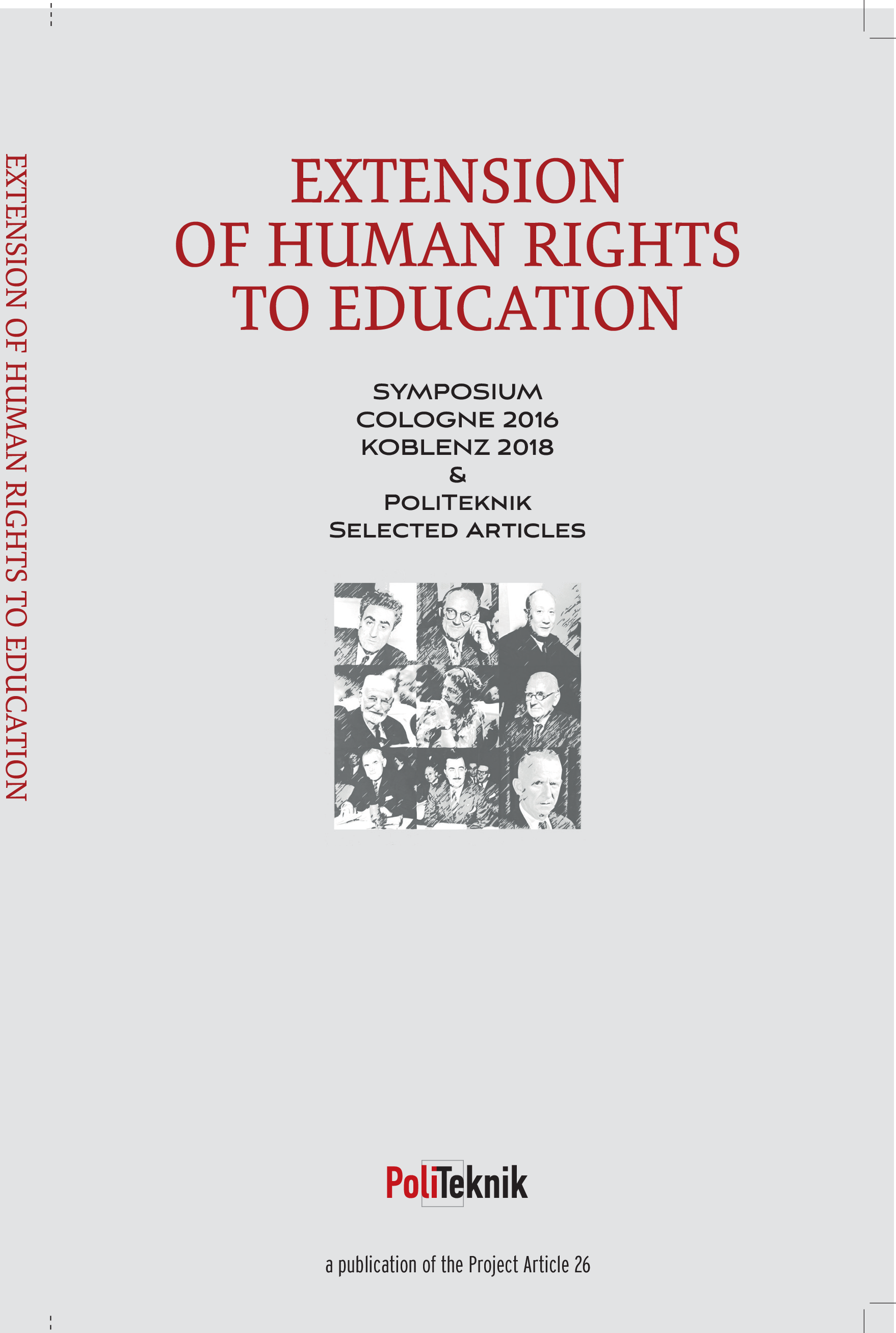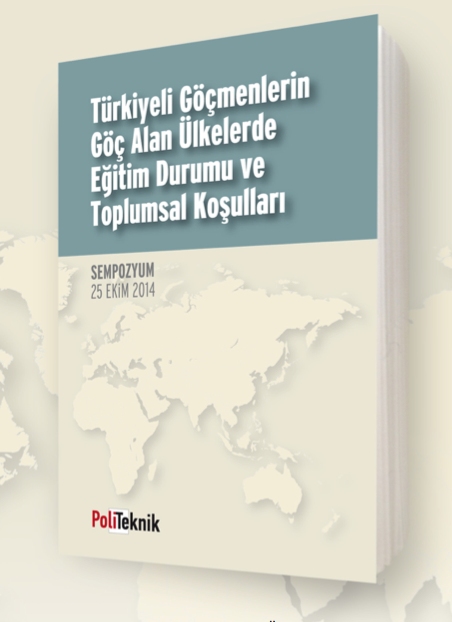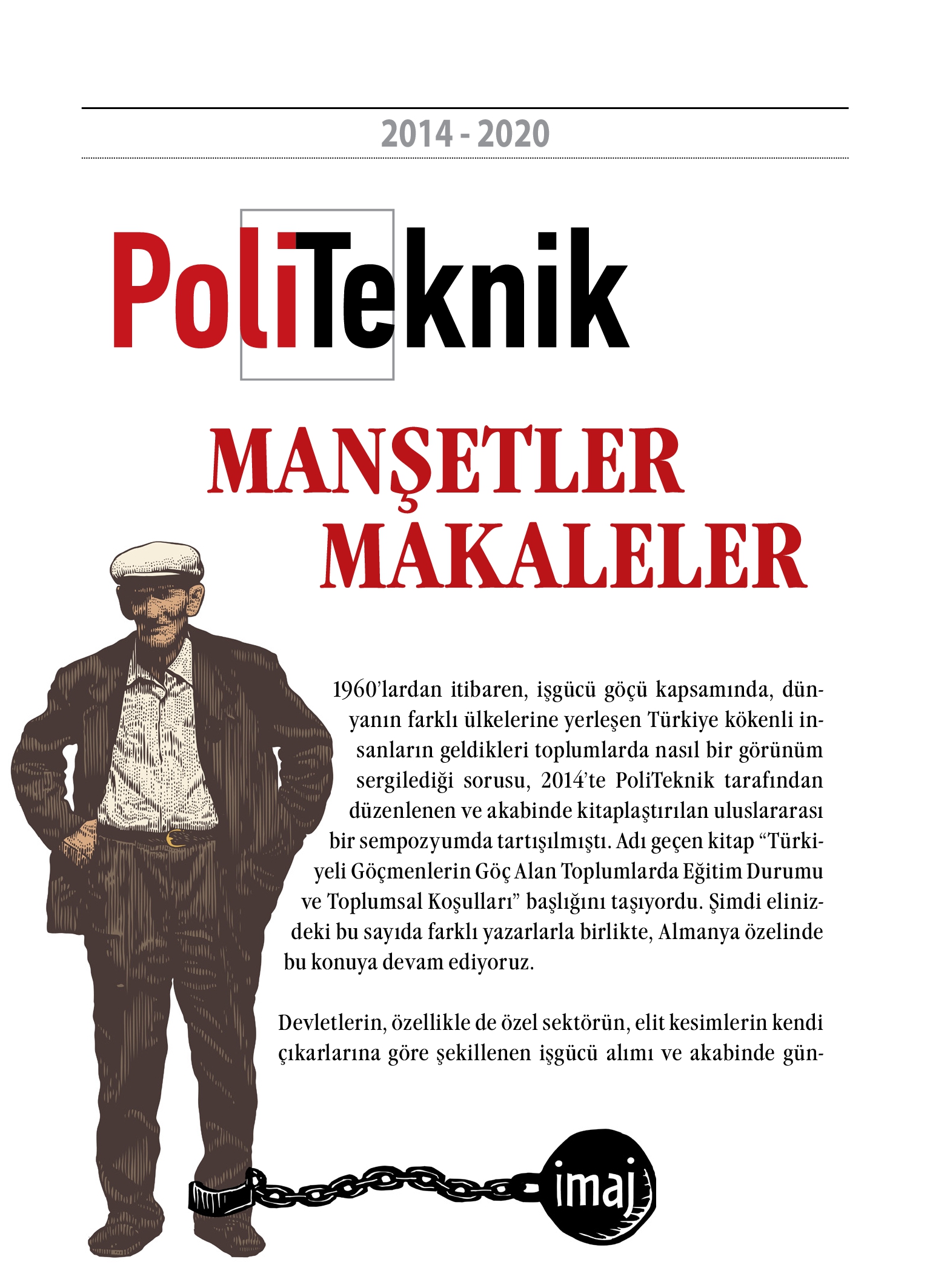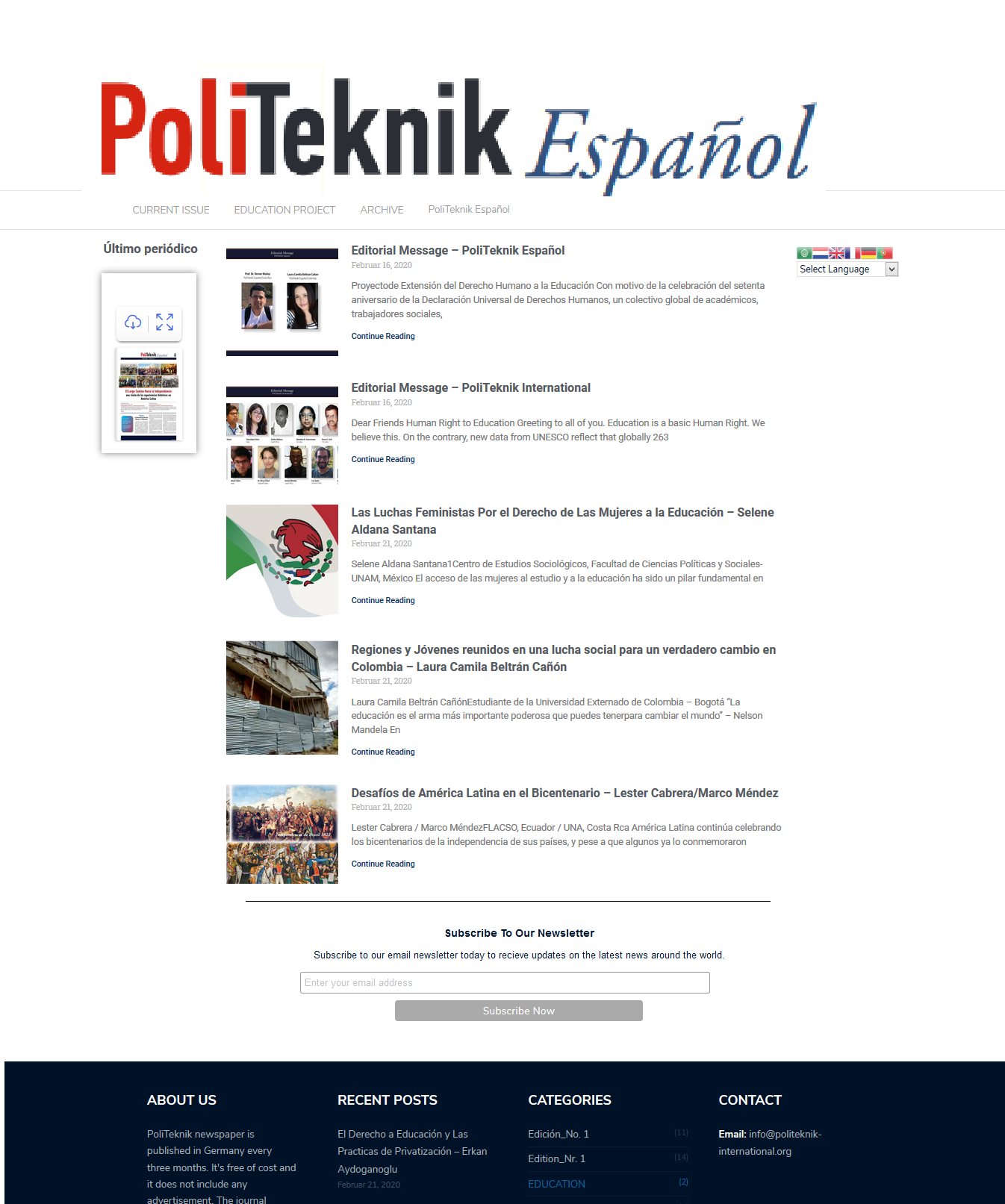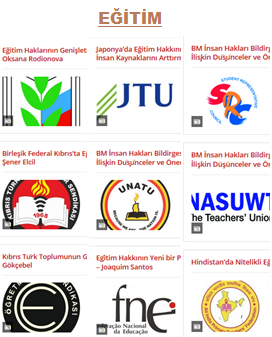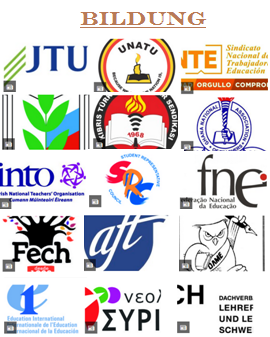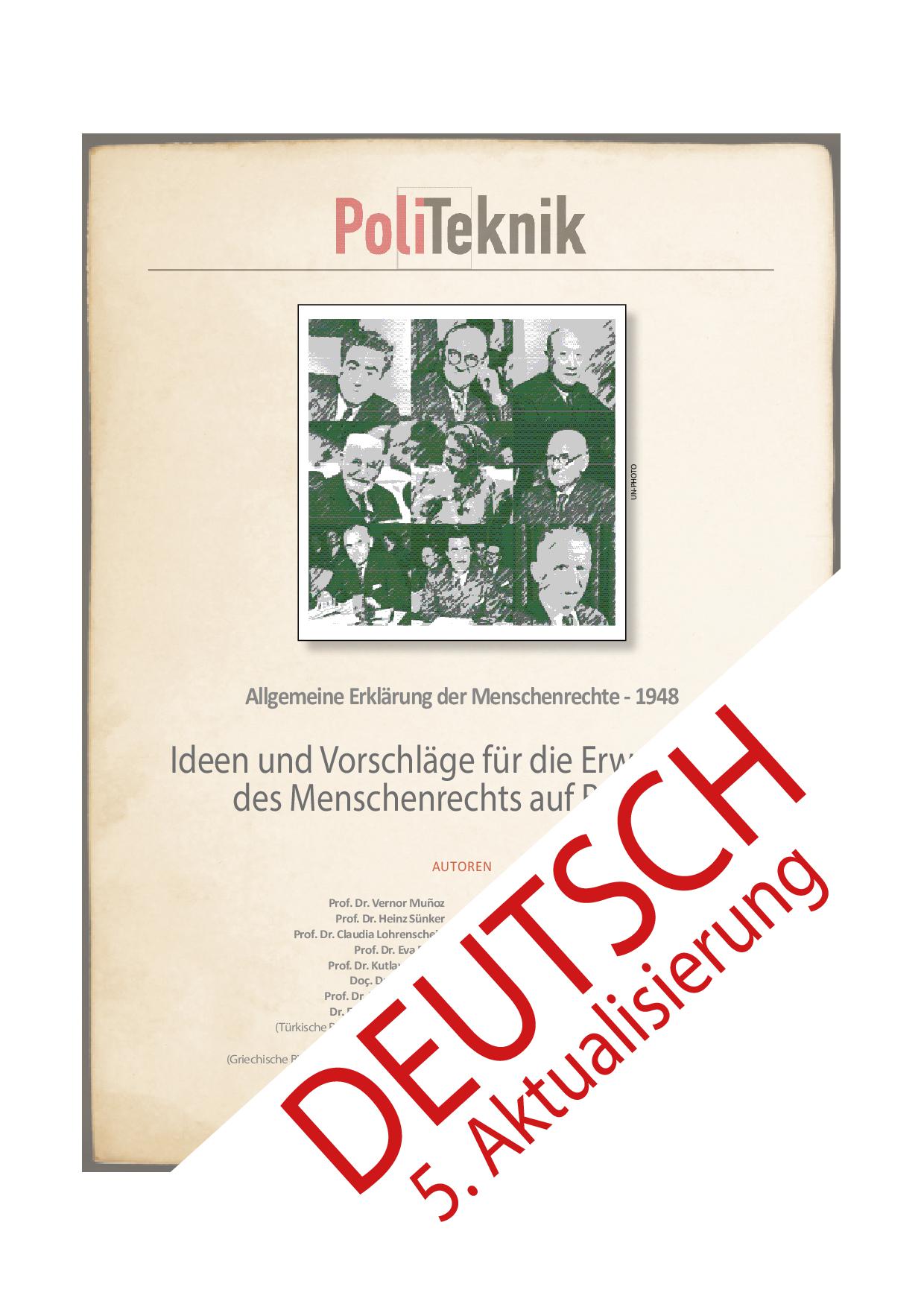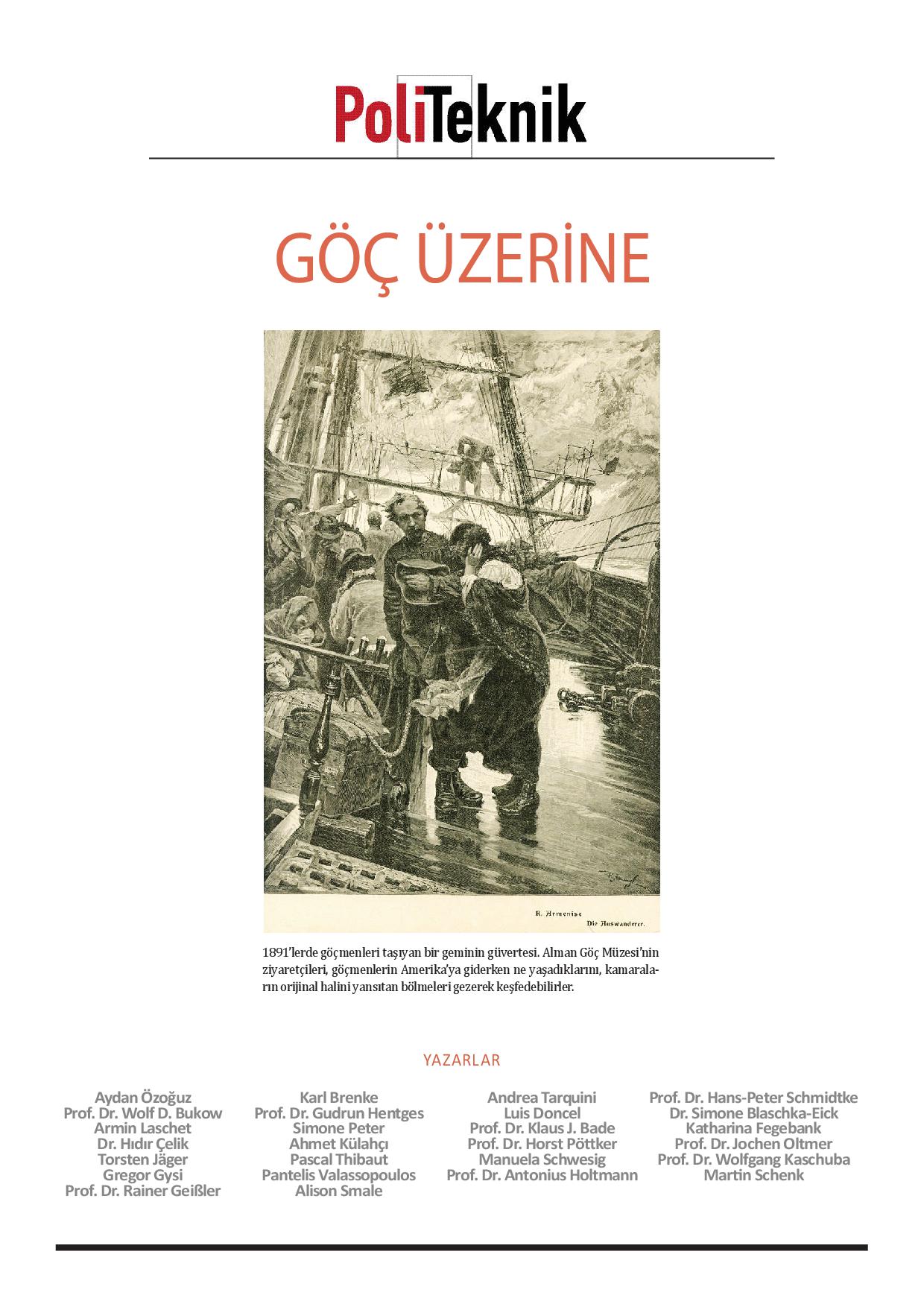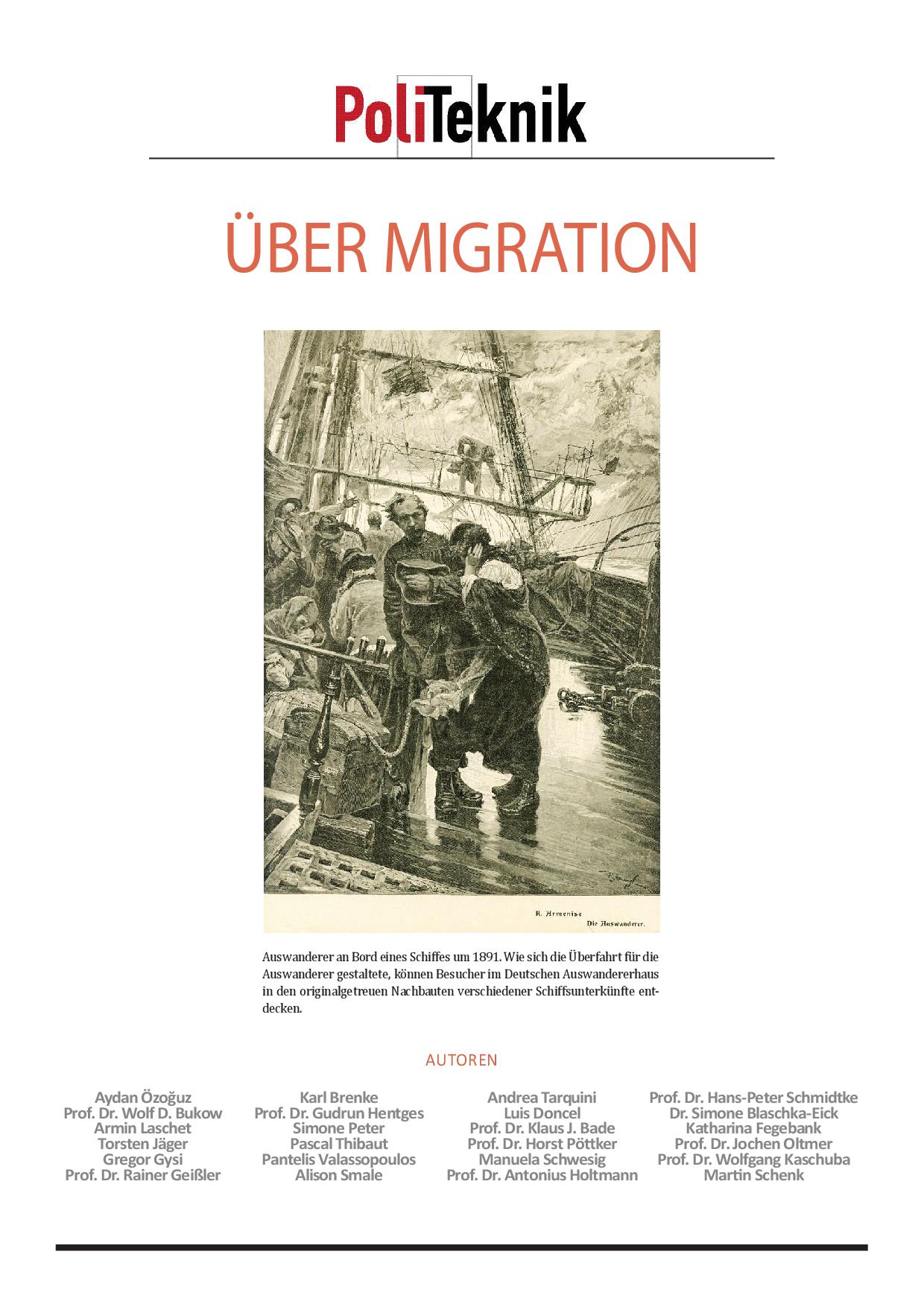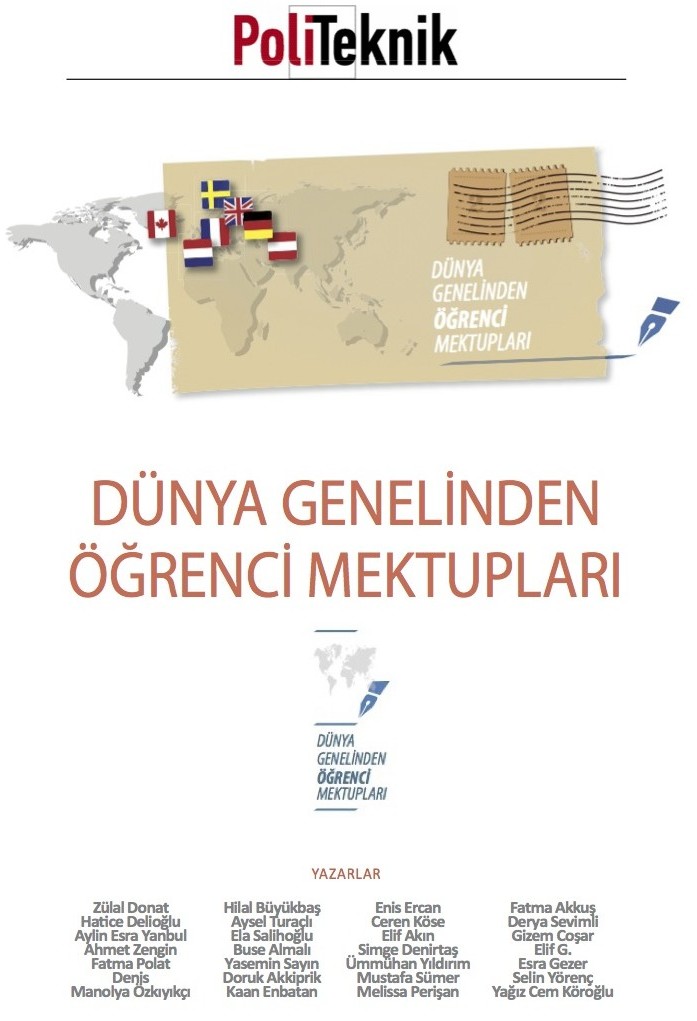Expansion of Human Right to Education and SDG 4
- Ratan, Kumar, Advocacy and Campaign Coordinator (India and South Asia Pacific), PoliTeknik
 In 2014, 263 million children, adolescents and youth were out of school (UNESCO’s GMER 2016). The Global Education Monitoring Report of 2016 has following specifics:
In 2014, 263 million children, adolescents and youth were out of school (UNESCO’s GMER 2016). The Global Education Monitoring Report of 2016 has following specifics:
- 61 million are children of primary school age (6-11)
- 62 million are adolescents of lower secondary school age (12-14)
- 141 million are youth of upper secondary school age (15 to 17)
- 131 million girls are not in school
- 32.4 million of primary school age
- 29.8 million of lower secondary school age
- 68.7 million of upper secondary school age
- In the world’s poorest countries children are 9 times more likely to be out of primary and secondary school as children in the richest countries.
If we talk about early childhood education, the report says, pre-primary education is free and compulsory for at least one year in only 38 countries. As per UNICEF report 200 million children under the age of five are at risk of failing to reach their potential. A severe lack of investment in early years is a matter of concern.
Making projection, the GMER reports says, “on current trends, universal primary completion will be achieved in 2014, universal lower secondary completion in 2059 and universal upper secondary completion in 2084.”
The Sustainable Development Gaol 4 targets to “Ensure inclusive and equitable quality education and promote lifelong learning opportunities for all” by 2030. The important role of education as a main driver of development has been recognised by world leaders at Incheon Declaration (World Education Forum 2015).
The Education 2030 Framework for Action, which provides guidance for implementing Education 2030, was discussed at WEF 2015, and its essential elements were agreed upon in the Incheon Declaration. The Framework for Action outlines how to translate into practice, at country/national, regional and global level, the commitment made in Incheon. It aims at mobilizing all countries and partners around the Sustainable Development Goal (SDG) on education and its targets, and proposes ways of implementing, coordinating, financing and monitoring Education 2030 to ensure inclusive and equitable quality education and lifelong learning opportunities for all.
On the other hand, the SDGs is being criticised for having comprehensive targets and narrow indicators. The issue of accountability, issue of investment, issue of quality education and the issue of having full time, qualified and trained teachers are very much in discussion in global North and global South.
More importantly, in order to achieve the goal of inclusive, equitable quality education, the National Governments will have to play very lead role. But there is rising challenges of privatisation and commercialisation of education in developed and developing societies. Governments are not investing enough in education and the trend in education financing is not leading towards SDG agenda. The privatisation of education leads to marginalisation of the poor, it widens inequality even further and weaken public education system.
We must remember that nowhere in the world, the goal of universal elementary education has been achieved by private sector or companies.
For equity and inclusion, national governments will have to strengthen public education system, which is not happening unfortunately. We believe that education is a fundamental human right and a core obligation of States. As rightly said by Mr. Kishore Singh, former Special Rapporteur on the right to education (UN), privatisation negatively affects the right to education both as entitlement and as empowerment. It breads exclusion and marginalisation, violates equality of opportunity in education.
Through the PoliTeknik initiative “Expansion of Human Right to Education”, we, along with Teachers’ Union, Civil Society Organisations, Students Unions and Educationists, will be advocating to refresh and modernize UNDHR’s education declaration to establish more specific goals and underlining role of State (not market) in making ‘Education for All’ a reality, which has not yet been a reality, as highlighted in UNESCO’s GMER report of 2016.

